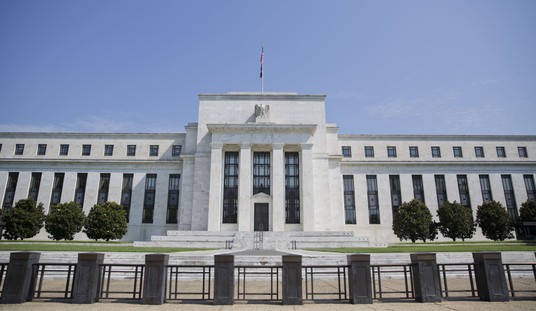The New York Times assures us that facial scanning is improving by leaps and bounds:
WASHINGTON — The federal government is making progress on developing a surveillance system that would pair computers with video cameras to scan crowds and automatically identify people by their faces, according to newly disclosed documents and interviews with researchers working on the project.
The Department of Homeland Security tested a crowd-scanning project called the Biometric Optical Surveillance System — or BOSS — last fall after two years of government-financed development. Although the system is not ready for use, researchers say they are making significant advances. That alarms privacy advocates, who say that now is the time for the government to establish oversight rules and limits on how it will someday be used.
There have been stabs for over a decade at building a system that would help match faces in a crowd with names on a watch list — whether in searching for terrorism suspects at high-profile events like a presidential inaugural parade, looking for criminal fugitives in places like Times Square or identifying card cheats in crowded casinos.
My thought on reading this was first that no technology is ever infallible, and that being the twin brother of someone seen leaving a bomb — say — particularly if you were both adopted out at birth and don’t know of each other would be an uncomfortable situation.
Add to this that the technology is not even at that level and being the second-cousin of a crime suspect, with certain common family features would be enough to get you police attention. You can see how this would violate your fourth amendment rights, right? Not to mention your rights to life and liberty, to say nothing of the pursuit of happiness.
To be fair, the New York Times reports that people in charge of this technology development are also aware that it needs to be a lot more developed before it’s used, even if its creators think “difficulties will just fall away.”
On the other hand, my second thought was that yes, this technology could be very useful for fighting terrorism and other such public safety hazards. But when has technology in the hands of government been used only for the logical or most beneficial process?
Like social security numbers becoming de-facto IDs, this will change into attempts at preventing crimes — perhaps laudable in themselves, but leading to a future where Big Brother is ALWAYS watching you. And let’s not forget the information that can be leaked just before elections, by the same entity whose IRS leaked confidential forms of political opponents of the current administration.
To be fair the New York Times recognizes that too:
“This technology is always billed as antiterrorism, but then it drifts into other applications,” Ms. McCall said. “We need a real conversation about whether and how we want this technology to be used, and now is the time for that debate.”
In particular, she said, there should be limits on whose faces are loaded into them when they are ready for deployment. Ms. McCall said it would be acceptable to use it for terrorism watch lists, but she feared any effort to systematically track everyone’s public movements by using a comprehensive database of driver’s license photographs.
Now whether they’ll remember this is a danger while progressives are in power is something else.
During the cold war, anti-nuke activists often said giving a nation nuclear weapons was like handing a loaded gun to an idiot. The same can be said of facial recognition systems and the government. And I hope we keep the gun away. As useful as it could be in certain, specialized cases, it would be unmitigated disaster in most others.
*******










Join the conversation as a VIP Member